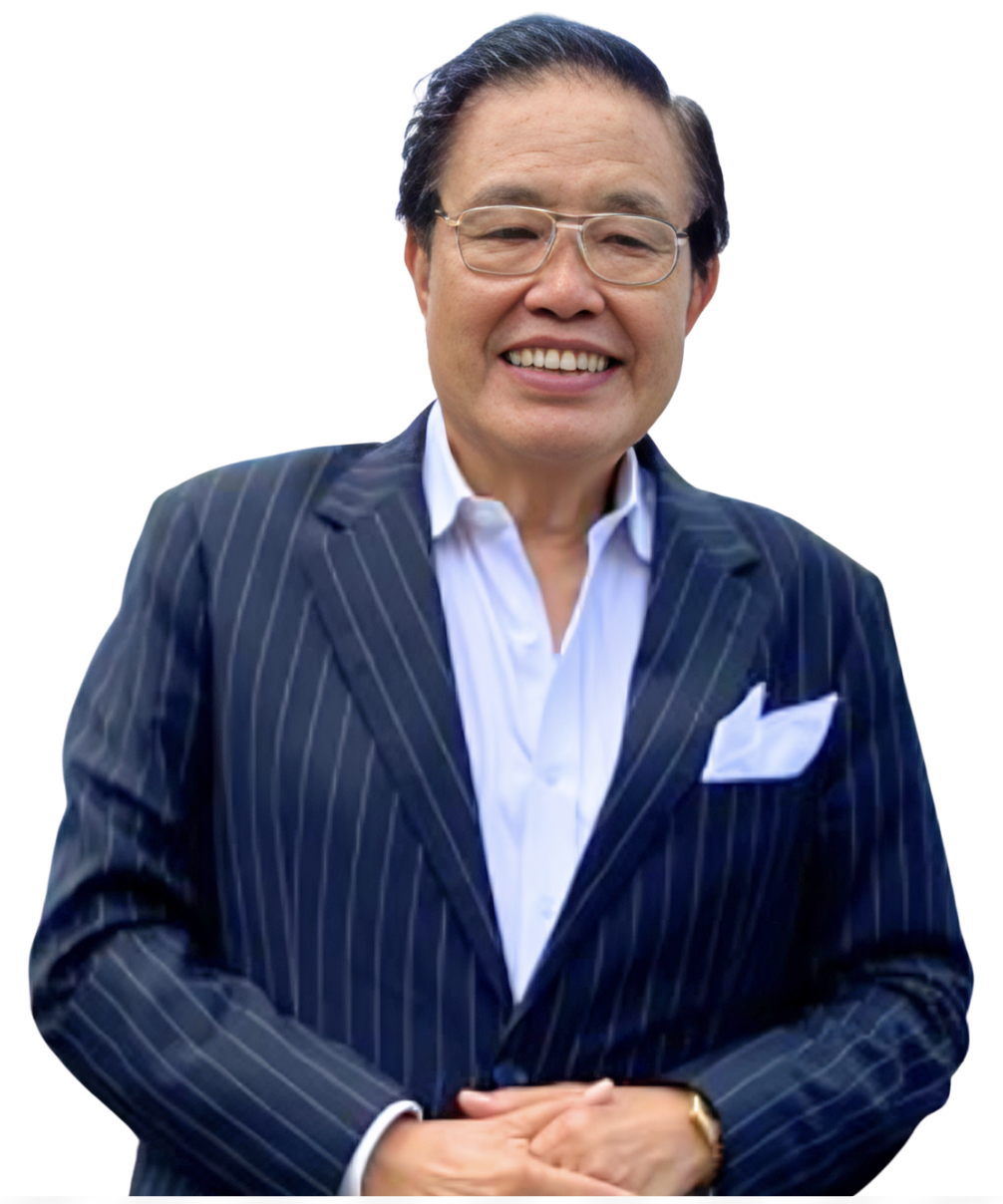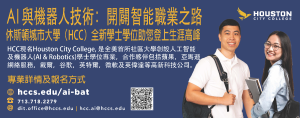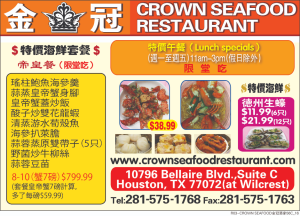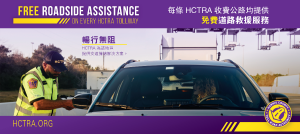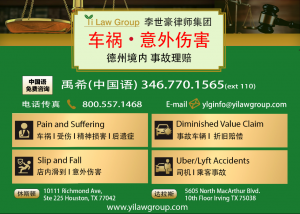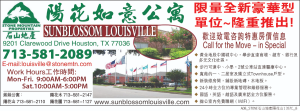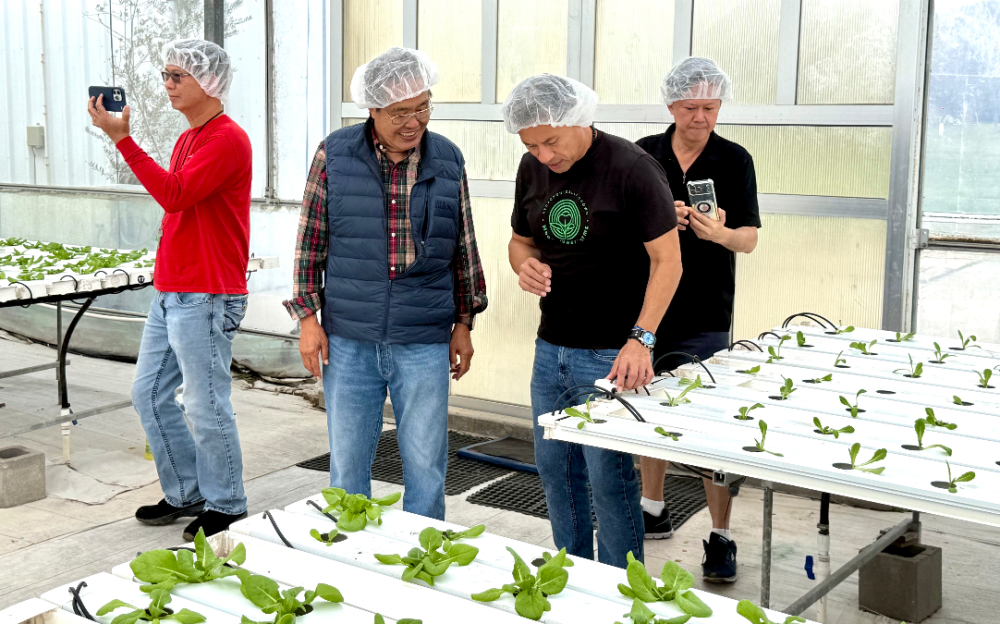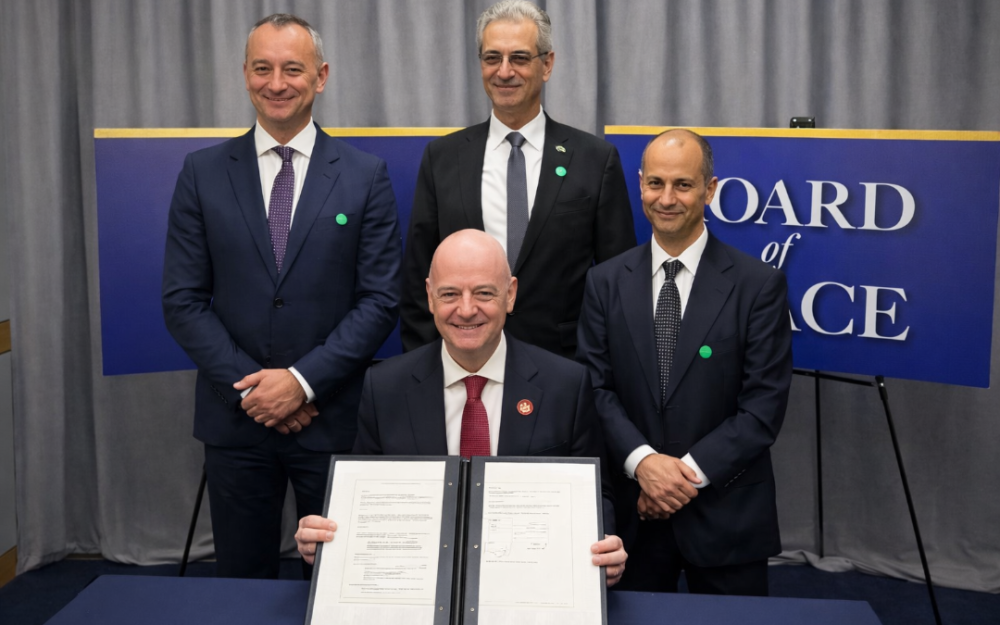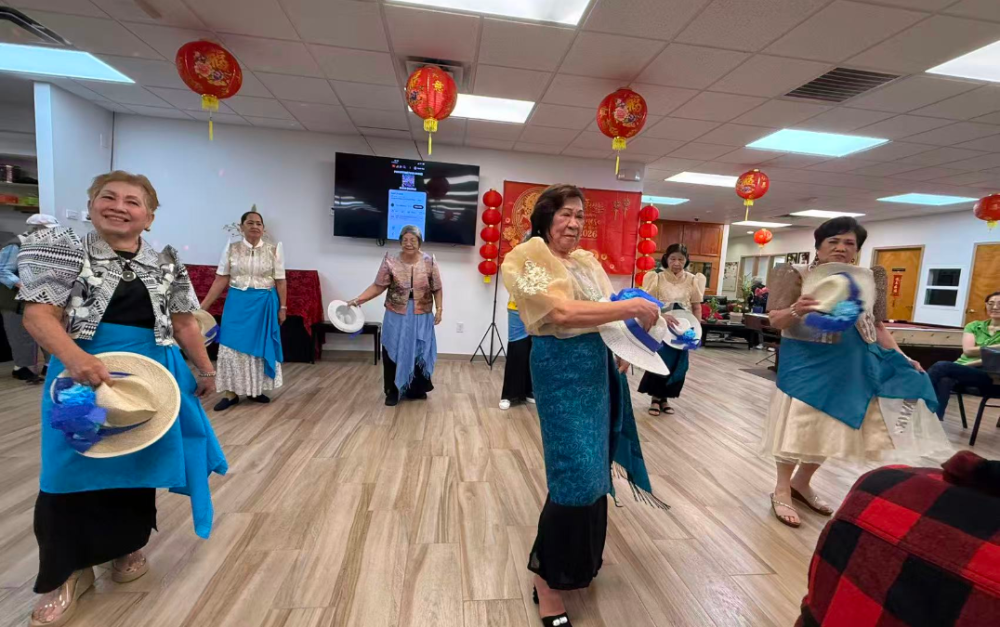點擊瀏覽 休斯頓黃頁 電子書
洛杉磯無證移民之吶喊
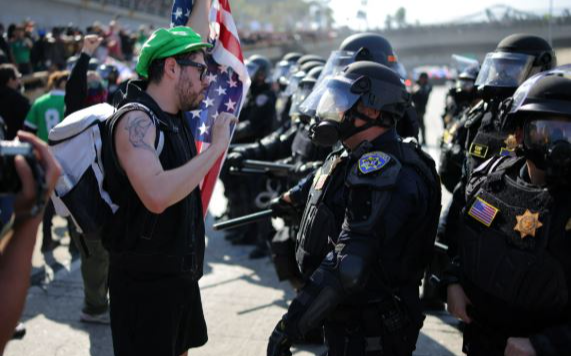
洛杉磯無證移民之吶喊
在這片陽光炙熱、夢想流轉的土地上,無證移民的身影,總在光影交錯處閃躲。洛杉磯,一座號稱包容萬象的城市,在高樓與高速公路之間,卻藏著千萬個沒有合法身份的靈魂。
他們清晨四點出門,披著冷霧與沉默,為城市鋪設磚瓦、收割果園、照顧老幼、端盤送餐。他們的手織起了洛杉磯的經濟命脈,他們的腳步支撐著美國的日常運轉,卻始終被排拒在「合法」的門檻之外。
他們不敢病、不敢錯、不敢被看見。他們的孩子背著沉重的夢想,行走在不確定與懼怕中。他們的吶喊,不在街頭高呼,而是在深夜與自己對話時的一句:「我們也是人。」
洛杉磯啊,你聽見了嗎?
這座你以自由與多元自豪的城市,是否能容下這群默默耕耘、卻得不到陽光的種子?
美國的夢,若無法為他們開一扇窗,是否已經失去了它本該有的靈魂?
The Cries Of Undocumented Immigrants In Los Angeles
In this sun-drenched city of dreams and illusions, the lives of undocumented immigrants unfold in the early morning shadows. Los Angeles—celebrated as a city of diversity and opportunity—hides, in the spaces between its skyscrapers and freeways, millions of souls without legal identity.
They leave home at 4 a.m., cloaked in fog and silence, laying bricks, harvesting crops, caring for children and the elderly, serving food in restaurants where they can never afford to dine. Their hands build the backbone of this city’s economy; their footsteps keep America’s daily life in motion. Yet they remain forever shut out—denied legal recognition, basic rights, and the dignity of being seen.
They cannot afford to fall ill, to make mistakes, or to be noticed. Their children carry dreams too heavy for such young shoulders, walking a tightrope between hope and fear. Their cries do not echo in the streets—they are whispered in the dead of night, when all is still, in a question only they dare ask: “Aren’t we human too?”
Oh, Los Angeles! Do you hear them?
You, who pride yourself on liberty and inclusion—can you make space for those who have long tilled your soil, cleaned your homes, raised your children?
If the American Dream cannot open a window for them, has it already lost its soul?
In this sun-drenched city of dreams and illusions, the lives of undocumented immigrants unfold in the early morning shadows. Los Angeles—celebrated as a city of diversity and opportunity—hides, in the spaces between its skyscrapers and freeways, millions of souls without legal identity.
They leave home at 4 a.m., cloaked in fog and silence, laying bricks, harvesting crops, caring for children and the elderly, serving food in restaurants where they can never afford to dine. Their hands build the backbone of this city’s economy; their footsteps keep America’s daily life in motion. Yet they remain forever shut out—denied legal recognition, basic rights, and the dignity of being seen.
They cannot afford to fall ill, to make mistakes, or to be noticed. Their children carry dreams too heavy for such young shoulders, walking a tightrope between hope and fear. Their cries do not echo in the streets—they are whispered in the dead of night, when all is still, in a question only they dare ask: “Aren’t we human too?”
Oh, Los Angeles! Do you hear them?
You, who pride yourself on liberty and inclusion—can you make space for those who have long tilled your soil, cleaned your homes, raised your children?
If the American Dream cannot open a window for them, has it already lost its soul?


